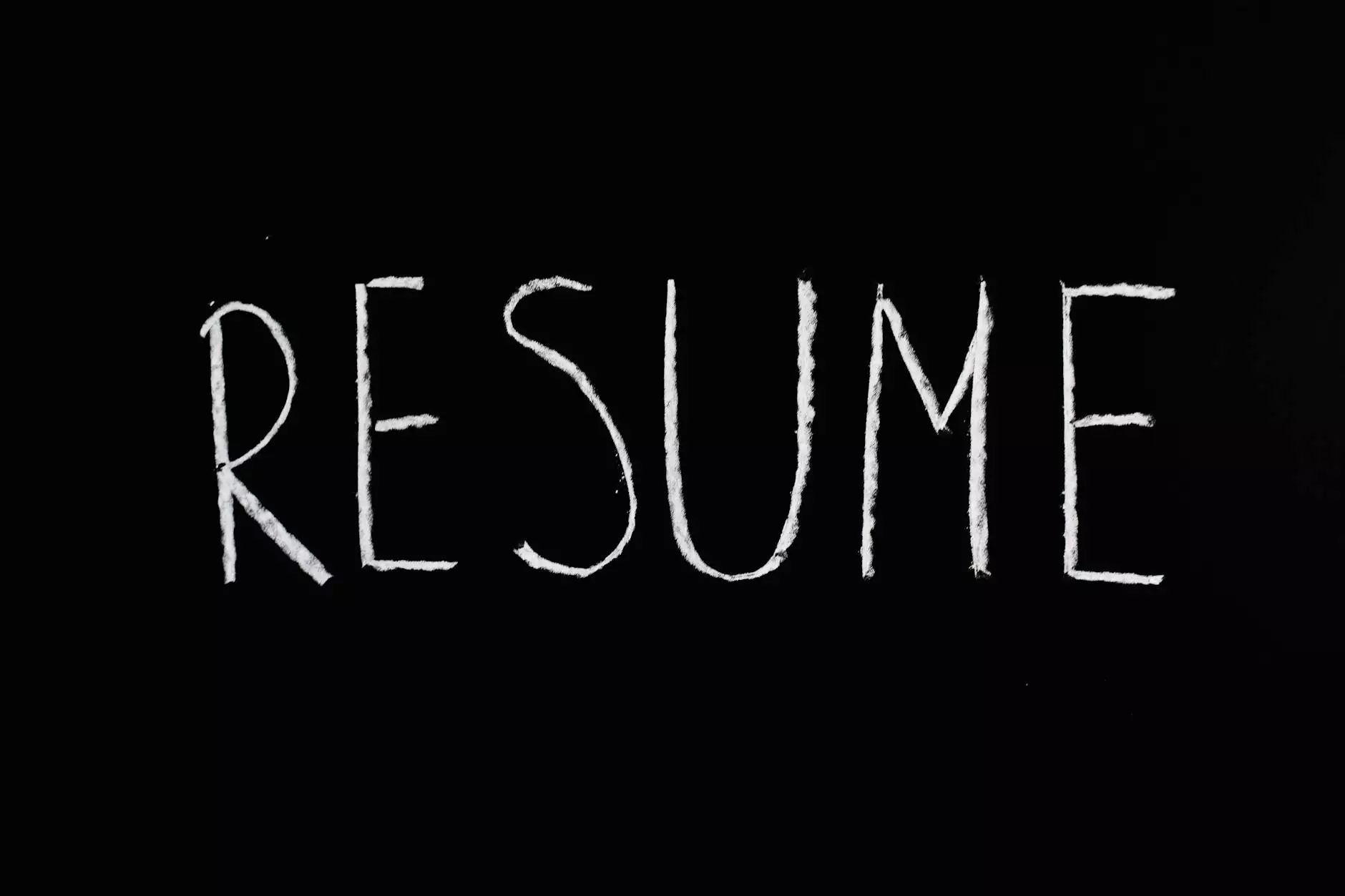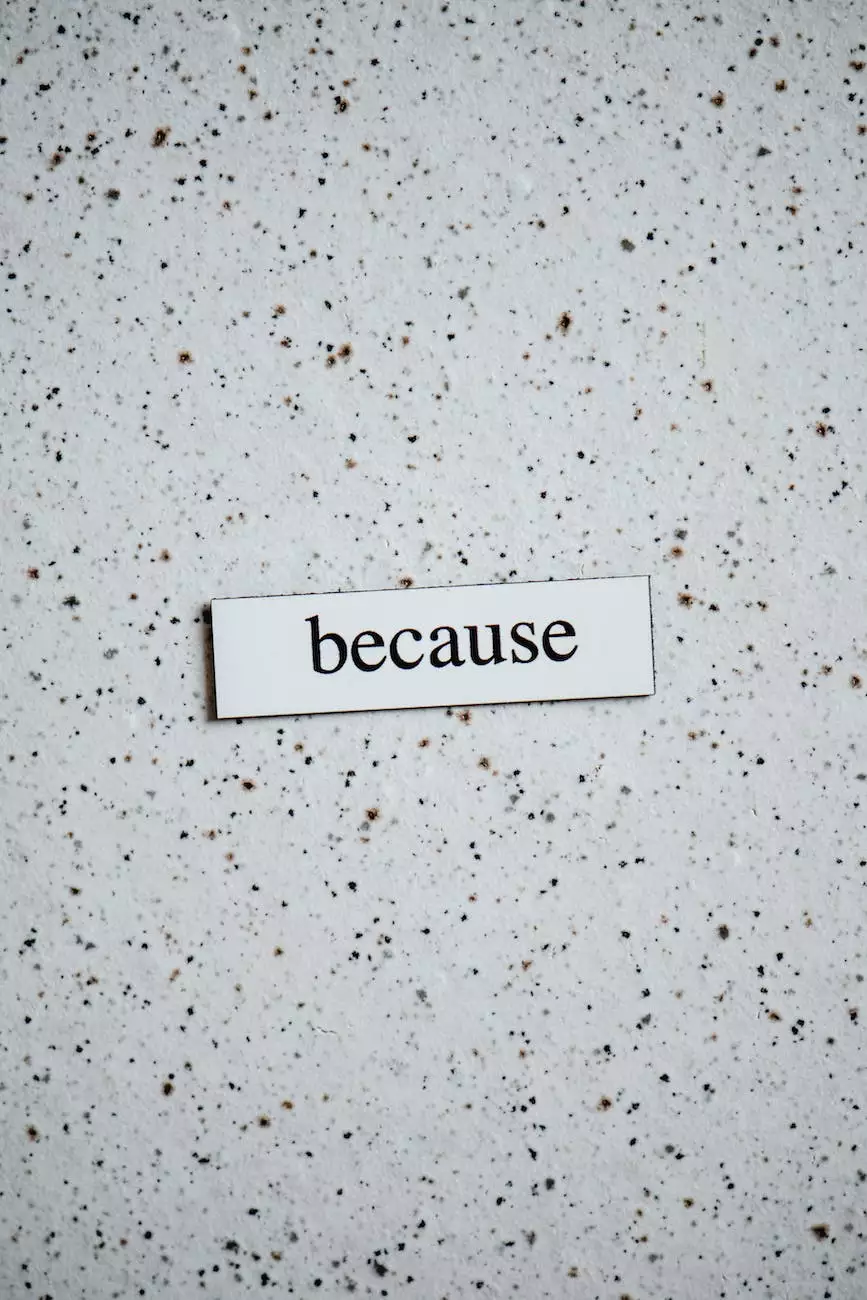08 – Hell is a Bad Word? Heck Yes!
Blog
Welcome to NJCLT, your ultimate source for thought-provoking discussions on various topics. In this episode, we will be exploring the concept of hell and its implications. Join us as we dive into the complexities surrounding the idea of hell and whether it truly deserves its controversial reputation.
The Origins and Definitions of Hell
Before delving into the moral implications of the term "hell," it is essential to understand its origins and the different definitions attached to it. Historically, the concept of hell can be traced back to various ancient civilizations and religious beliefs.
In many religions, hell is depicted as a realm of punishment, where those who have committed grave sins are condemned to eternal suffering. However, the specific interpretations of hell vary among different religious traditions and cultural beliefs.
Exploring the Cultural Perception of Hell
Within different cultures and societies, the perception of hell can vary significantly. While some view it as a literal place of torment, others perceive it as a metaphorical representation of the consequences of one's actions. This diversity in interpretation adds layers of complexity to the understanding of hell.
Moreover, various literary works, artworks, and pop culture references have shaped our collective imagination of what hell may look like. From Dante Alighieri's depiction of the nine circles of hell in "The Divine Comedy" to modern-day representations in films and literature, hell continues to captivate our imagination.
The Debate Surrounding the Morality of Hell
One of the key questions surrounding hell is whether it is morally justifiable. Critics argue that the concept of eternal punishment contradicts the idea of a benevolent and loving higher power. They question the fairness of condemning individuals to everlasting suffering for their finite transgressions.
Alternatively, proponents of the idea of hell argue that it serves as a form of moral accountability and justice. They believe that it is necessary to have consequences for one's actions, especially those that cause significant harm to others. Hell, in this context, acts as a deterrent and a means of upholding a moral order.
Contemporary Interpretations of Hell
In recent years, some religious and philosophical thinkers have proposed alternative interpretations of hell. These interpretations question the traditional notions of eternal damnation and explore the possibility of redemption and spiritual growth.
Concepts such as universalism and annihilationism posit that ultimate reconciliation or the cessation of existence are plausible alternatives to eternal suffering. These interpretations offer a more compassionate perspective on the topic of hell, emphasizing the potential for transformation and personal growth.
Reconciling Perspectives: A Balanced Approach
When discussing a complex and controversial topic like hell, it is crucial to approach it with an open mind and a willingness to engage in meaningful dialogue. By acknowledging the diverse interpretations and perspectives, we can develop a more comprehensive understanding of the subject.
Ultimately, the perception of hell is deeply personal and can be influenced by various factors, including cultural upbringing, religious beliefs, and personal experiences. NJCLT aims to provide a platform where individuals can explore and challenge ideas, leading to a more profound understanding of the world around us.
Conclusion
In conclusion, the concept of hell evokes a wide range of emotions and opinions. While its definition and implications may vary, it continues to be a subject of fascination and debate. NJCLT encourages you to delve deeper into this topic, engage in thoughtful conversations, and challenge your preconceptions. Join us in uncovering the truth behind this controversial term and expanding your perspective.




